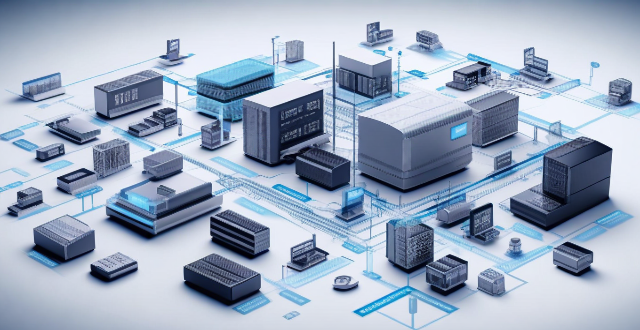The Internet of Things (IoT) is a network of interconnected devices with sensors, software, and connectivity that can communicate autonomously to perform tasks. IoT components include sensors, software, and network connectivity, enabling applications in smart homes, wearables, industrial machinery, transportation, and agriculture. The technology improves efficiency for businesses by reducing costs and enhancing operational insights. Overall, IoT is a transformative force across industries, reshaping our world and daily interactions.

What is the Internet of Things (IoT)
The Internet of Things (IoT) refers to a network of physical devices that are embedded with sensors, software, and network connectivity. This allows them to collect and share data, enabling these smart devices to communicate with each other and perform various tasks autonomously. IoT devices—also known as “smart objects”—can range from simple "smart home" devices like smart thermostats to complex industrial machinery and transportation systems。
Core Components of IoT
- Sensors: These are embedded in the devices to gather data about their environment or operational status.
- Software: It enables the device to process the collected data and make intelligent decisions.
- Network Connectivity: It allows the devices to communicate with each other and exchange data.
Applications of IoT
The potential applications of IoT are vast and varied, impacting a wide range of industries including manufacturing, transportation, healthcare, and agriculture. Here are some specific use cases:
- Smart Home Devices: Such as smart thermostats and lighting systems that can be controlled remotely.
- Wearables: Like smartwatches that monitor health metrics such as heart rate and activity levels.
- Industrial Machinery: IoT sensors can monitor equipment performance and detect potential issues before they cause downtime.
- Transportation Systems: Managing traffic patterns with smart cars and other automotive devices.
- Agriculture: Monitoring environmental conditions in farms to optimize crop growth.
Why is IoT Important?
IoT is important for businesses for several reasons, including improved efficiency and productivity. By using IoT devices to automate and optimize processes, businesses can reduce maintenance costs and improve uptime. The real-time analysis of data collected by IoT devices can help businesses identify patterns, trends, and anomalies to optimize their operations and improve their bottom line.
In conclusion, the Internet of Things (IoT) has emerged as a transformative technology, connecting a wide range of devices and allowing them to communicate with each other. With its potential applications across various industries, IoT is poised to play an increasingly important role in shaping our world, transforming the way we live, work, and interact with each other.